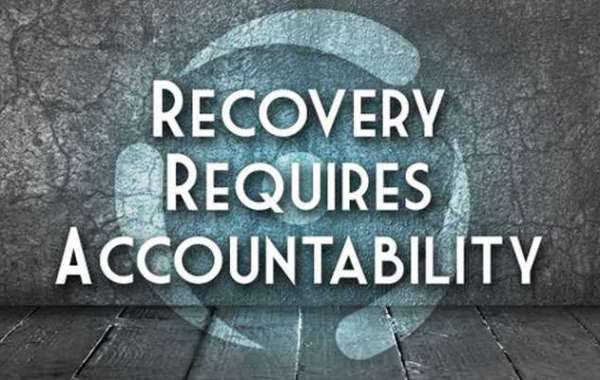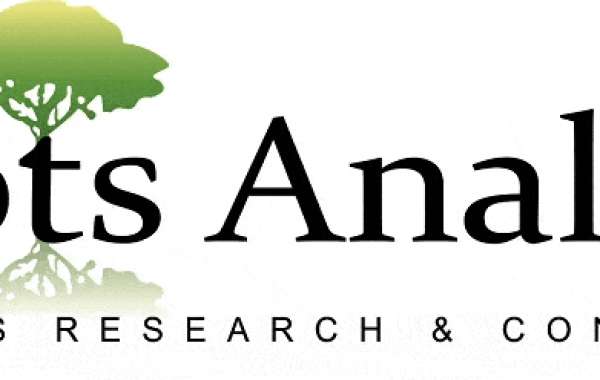When people around you refuse to hold you accountable for your behavior, you must take steps to stop enabling the behavior. If you are being a burden, you may need to break contact with these people. Accountability is a lifelong process. Developing self-compassion and setting boundaries is important for maintaining this trait. In addition, it helps to identify relapse triggers and practice self-compassion. If you are facing resistance to accountability, it's time to find new sources of support.
Accountability
One of the most important aspects of addiction recovery is accountability. Accountability in recovery means taking responsibility for your actions and recognizing that your actions can either help or harm you. Having a friend or family member to hold you accountable will make you more likely to stay on track and avoid relapse. Accountability is important to a successful recovery program because it can help you avoid relapsing and ensure that you're living a sober life.
The most effective treatment includes accountability. When a loved one or peer is holding you responsible, you'll have a much greater chance of staying sober. Accountability helps to foster motivation and keep you focused on overcoming your addiction. It's a win-win situation for everyone. Throughout treatment, your accountability partner will help you stay focused and on track. Accountability will also make you more likely to keep your word.
Responsibility
There are many different aspects of responsibility in addiction recovery. It is the ability to live up to a promise and to hold yourself accountable. Using the principles of responsibility in recovery will help you in many areas outside of addiction recovery. Examples include attending appointments and doing routine tasks. Accountability can be a way to display a genuine commitment to a better life and to develop decision-making skills. For more information about the importance of responsibility, read on.
In addition to personal responsibility, addicts must accept responsibility for their actions and the consequences they cause. Failure to accept this trait will set them up for long and dark days. Without taking responsibility, they can experience feelings of anxiety and powerlessness and make terrible choices. It can be difficult to accept the responsibility that comes with living life so fully. But by taking responsibility, you can achieve lasting results. So, how can you practice personal responsibility? The first step is to know yourself and your strengths.
Fear of accountability
Fear of accountability in addiction recovery is common among people suffering from alcohol or drug addiction. Although many of us feel uneasy about being accountable to others, it is essential to overcome our fears to find lasting sobriety. In addition to ensuring our own safety, accountability also provides an important source of motivation and encouragement. The following are some examples of situations wherein fear of accountability can be a problem. Let's take a closer look at each scenario.
The concept of accountability is vast. It can mean anything from taking responsibility for your actions or your behavior. The definition of accountability in addiction recovery is much more specific. Addicts who fear accountability are not willing to face their problems. Addiction is an identity issue and it is hard to imagine a life without it. Recovery requires courage and willingness to face the issues that led to the addiction. Without this accountability, relapse becomes inevitable.
Apps that encourage accountability
Apps that encourage accountability in addiction recovery can help you stay on track during your treatment. Getting help for an addiction is challenging and the struggle to stay on track becomes even greater if you are battling a physical or mental disorder. But using the right tools can help you achieve sobriety and maintain your motivation. Here are a few tips for staying on track. Read on to learn about the best apps for accountability in addiction recovery.
rTribe - An app designed by former addicts, rTribe offers a community of support that you can use to manage your own recovery. You create a profile anonymously and connect with others through messaging. You can share your progress and reach out for help when you feel triggered. The app even tracks how long you have been sober, as well as check-ins and days spent sober.
Finding an accountability partner
An accountability partner can be a friend or family member who is willing to hold you accountable for your actions. While it is helpful to have a close friend or family member as an accountability partner, be careful to choose someone you can trust. You don't want to endanger their recovery and should be cautious not to be an enabler or enabling force. In this article, we'll explore the benefits of finding an accountability partner in addiction recovery.
One of the most important aspects of an accountability partner in addiction recovery is that they will check up on you daily. This person may be a recovering addict who understands the struggles that addicts face. In addition, the accountability partner can be a professional recovery mentor. They will help you stay on track with your recovery plan by showing up when you need them. Oftentimes, this person may be the one to remind you to stay on track, while your accountability partner will encourage you to follow through.








